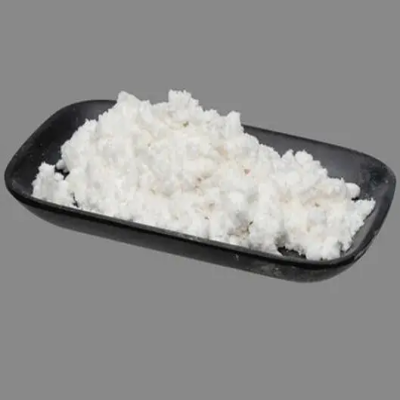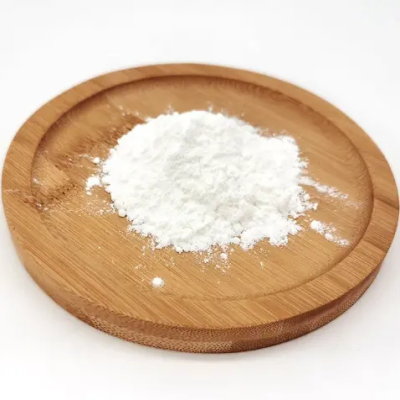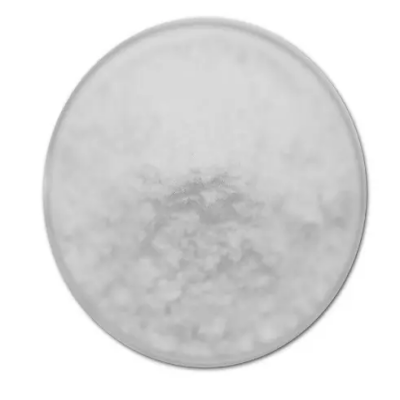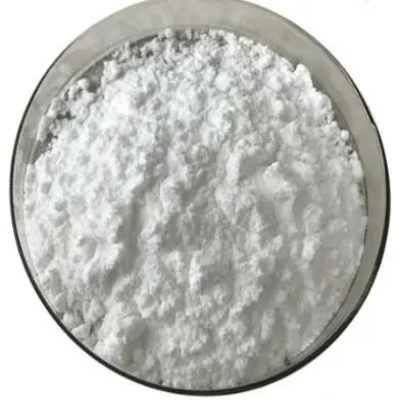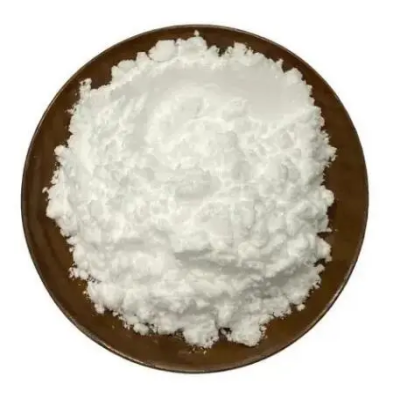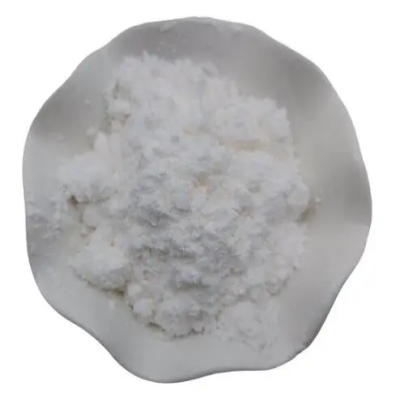Potassium chloroplatinate CAS:16921-30-5
Potassium chloroplatinate finds diverse applications across different domains owing to its unique properties. Chemical Synthesis: It serves as a precursor for synthesizing various platinum-containing compounds and catalysts. Potassium chloroplatinate is utilized in the preparation of platinum nanoparticles, which are essential in catalytic reactions such as hydrogenation, oxidation, and cross-coupling reactions. Its solubility in water facilitates its use in solution-phase synthesis, enabling the controlled growth of nanostructures. Electrochemistry: In electrochemical applications, this compound is employed in processes like electroplating to deposit thin layers of platinum onto conductive substrates. These plated surfaces exhibit corrosion resistance, electrical conductivity, and catalytic activity, making them valuable in electronics, jewelry manufacturing, and electrocatalysis. Analytical Chemistry: Potassium chloroplatinate is utilized as a standard in analytical techniques such as atomic absorption spectroscopy and inductively coupled plasma mass spectrometry (ICP-MS) for quantifying platinum concentrations in samples. Its well-defined composition and solubility make it suitable for calibrating instrumentation used in platinum analysis. Photography: Historically, platinum salts, including potassium chloroplatinate, were used in the platinum printing process in photography. While less common today, platinum printing remains appreciated for its archival quality and unique aesthetic appeal in fine art photography. Medicine: While not as prominent as other platinum compounds like cisplatin in medical applications, potassium chloroplatinate is studied for its potential in medicinal chemistry. Research explores its use in drug delivery systems and as a precursor for developing novel platinum-based pharmaceuticals with enhanced therapeutic efficacy and reduced side effects. Research and Education: In academic laboratories, potassium chloroplatinate serves as a valuable reagent for teaching and research purposes in inorganic chemistry. Its synthesis and properties provide insights into coordination chemistry, crystallography, and chemical analysis, enriching the learning experience for students and advancing scientific knowledge in the field. In summary, potassium chloroplatinate demonstrates versatile applications ranging from industrial processes to academic research, highlighting its importance in various branches of chemistry and technology.



| Composition | K2[PtCl4] |
| Assay | 99% |
| Appearance | white powder |
| CAS No. | 16921-30-5 |
| Packing | Small and bulk |
| Shelf Life | 2 years |
| Storage | Store in cool and dry area |
| Certification | ISO. |


